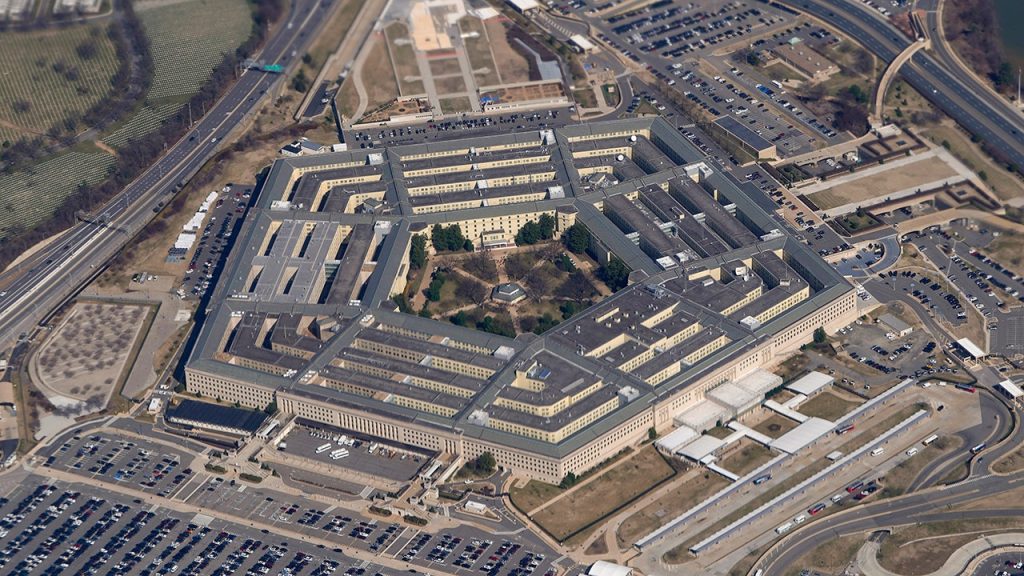The House of Representatives recently passed the National Defense Authorization Act (NDAA), a hefty $895.2 billion bill outlining defense and national security spending for the fiscal year. This substantial investment comes as the US national debt continues its upward trajectory, now exceeding $36 trillion. The bill’s passage, however, was met with mixed reactions, reflecting the complex political landscape surrounding defense spending and social issues. While the bill garnered significant bipartisan support, with a final vote of 281-140, a considerable number of Democrats opposed the legislation, primarily due to provisions restricting transgender healthcare for minors within military families. This internal dissent highlights the challenges of balancing fiscal responsibility, national security priorities, and evolving social considerations within defense policy.
The NDAA’s passage adds another significant layer to the burgeoning national debt, a figure that has exploded over the past few decades. A mere 40 years ago, the national debt hovered around $907 billion, a stark contrast to today’s staggering $36 trillion figure. The Congressional Budget Office projects this debt to reach a potentially crippling $54 trillion within the next decade, fueled by an aging population, rising healthcare costs, and increasing interest rates. This snowballing debt poses a significant threat to America’s economic stability and global standing, raising concerns about the nation’s long-term financial health and its ability to meet future obligations.
The substantial increase in the national debt under the current administration has been a subject of intense political debate. President Biden has overseen approximately $4.8 trillion in borrowing, encompassing significant expenditures for COVID-19 relief and infrastructure development. While the administration points to a reduction in the national deficit, attributing it to the expiration of pandemic-era emergency measures, critics argue that the overall spending trajectory remains unsustainable. The debate over fiscal responsibility and the long-term implications of the national debt will undoubtedly continue to shape economic and political discourse.
Despite the contentious debate over the national debt and the inclusion of socially divisive provisions, the NDAA ultimately garnered bipartisan support, underscoring the importance of national defense in a complex geopolitical environment. The bill includes vital measures such as a substantial pay raise for military personnel, aiming to improve the quality of life for those serving in the armed forces. Recognizing the growing strategic importance of the Indo-Pacific region, the NDAA allocates a significant $15.6 billion towards bolstering military capabilities in the area, exceeding the Biden administration’s initial request by $5.6 billion. This investment underscores the perceived need to counter China’s growing influence and maintain a strong US presence in the region.
The inclusion of restrictions on transgender medical treatments for children of military personnel, specifically those that could result in sterilization, became a central point of contention within the Democratic caucus. While proponents argue for the importance of parental rights and the careful consideration of medical interventions for minors, opponents view the provision as discriminatory and harmful to transgender individuals. This internal debate within the Democratic Party reflects the ongoing struggle to balance social inclusivity with other policy considerations within the context of national defense.
The NDAA now moves to the Senate for consideration and potential amendment before reaching President Biden’s desk. The bill’s fate in the Senate will further illuminate the political dynamics surrounding defense spending, social issues, and the national debt. Given the existing bipartisan support in the House, the Senate’s deliberations will likely focus on refining specific provisions and addressing the concerns raised by various factions. The final version of the NDAA, once signed into law by President Biden, will shape US defense policy and spending priorities for the coming year, impacting both domestic and international affairs.


